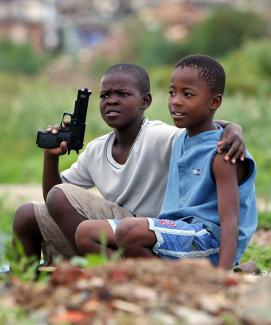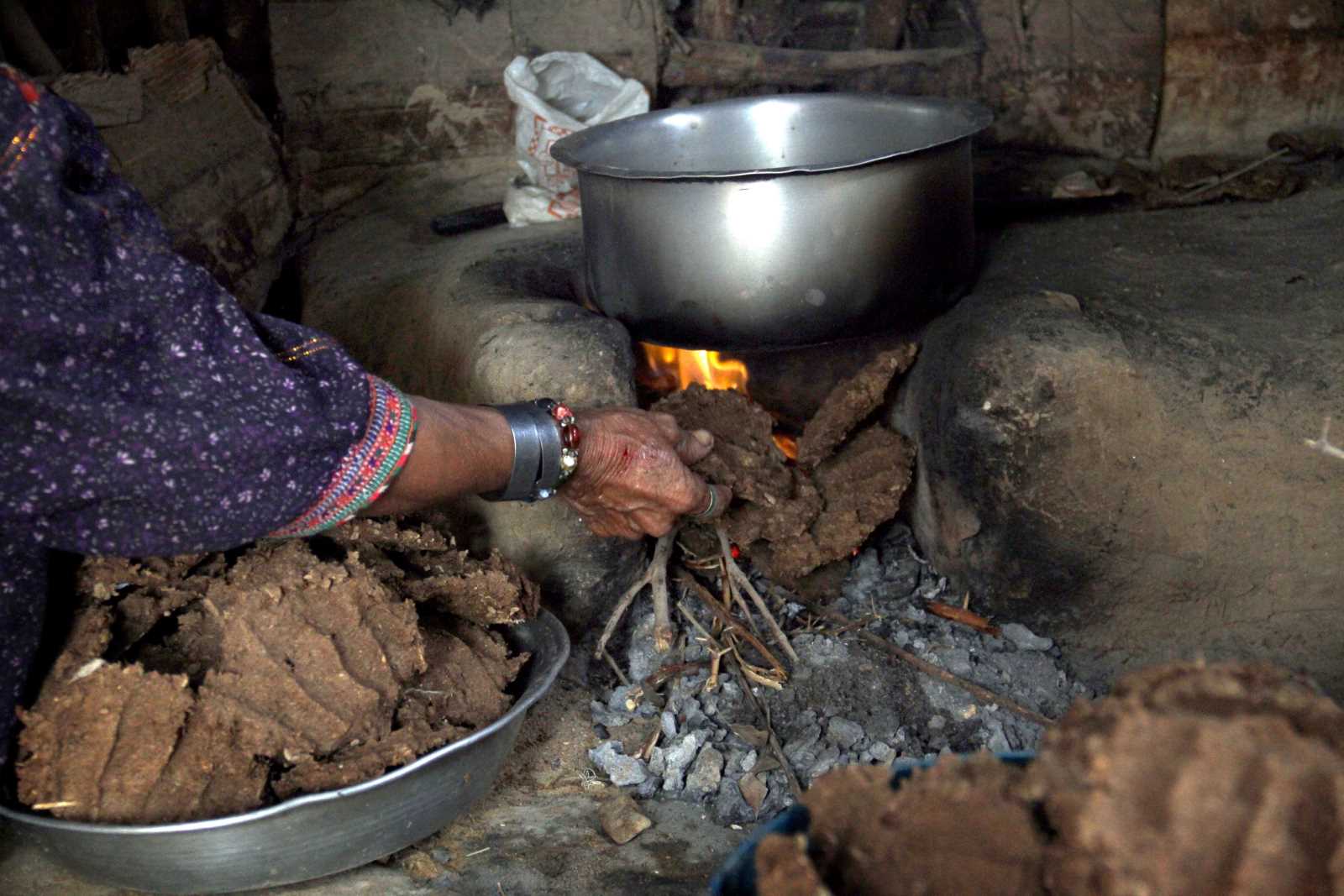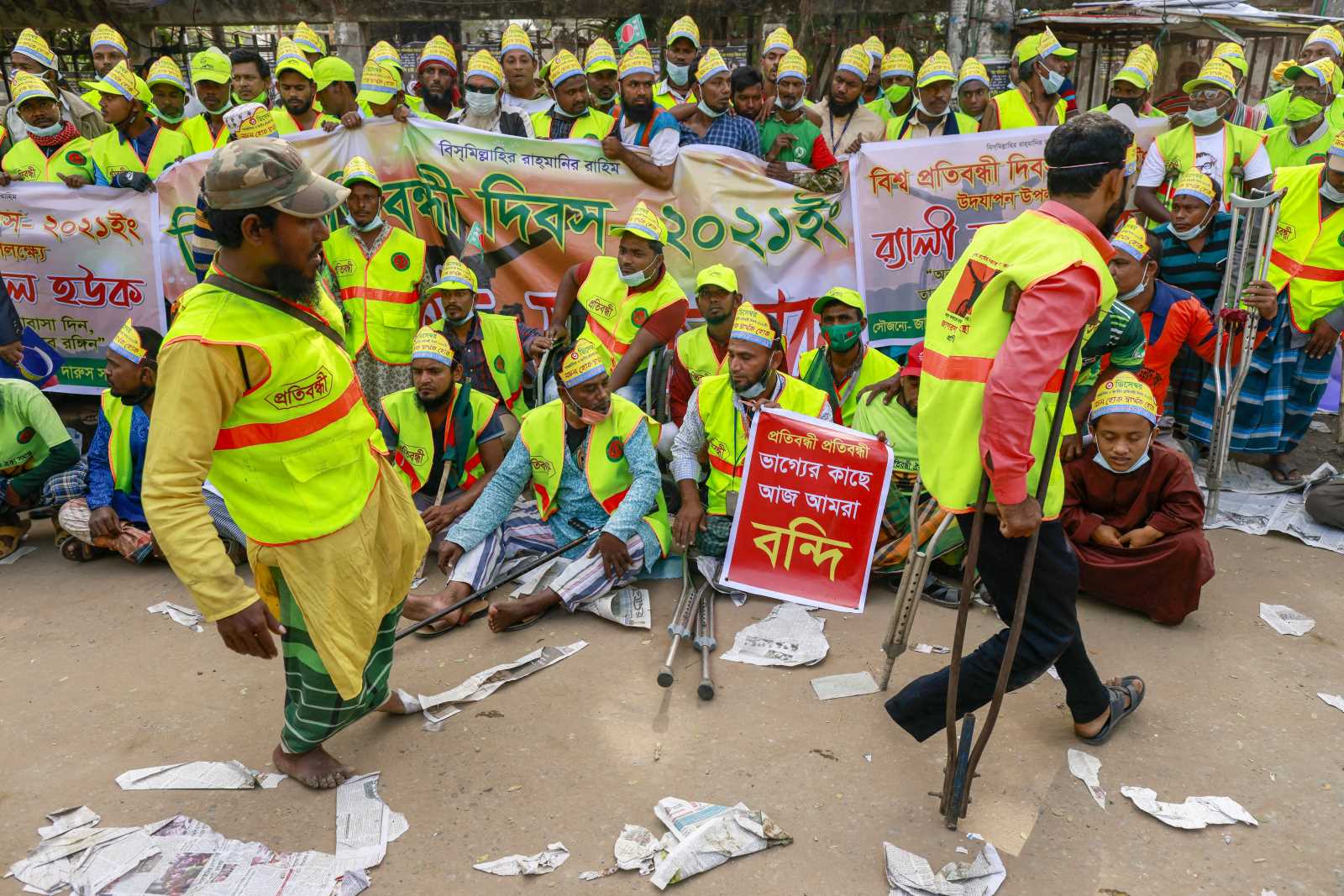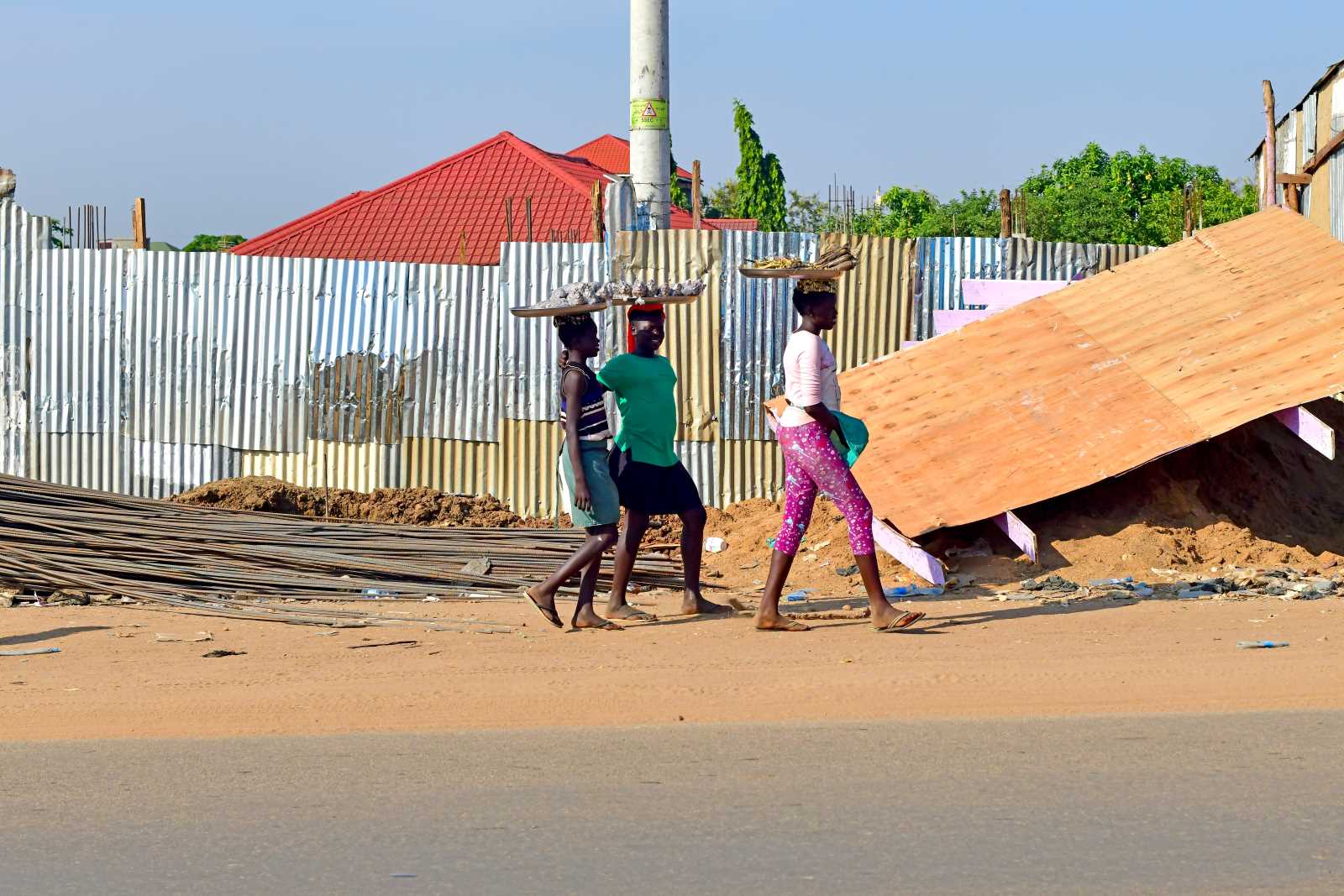Socialisation
Absent fathers

My first child, my beautiful daughter, was born on 20 August 2018. While I was massaging her mother’s back to help her through labour pains, one of the nurses asked me whether I was really staying for the birth. My response was that I was staying throughout. “Even at the delivery ward?”, she wanted to know, and I said: “Yes!” Her response was: “Xhosa men are not made to be in the delivery ward.”
Xhosa speaking people are the second largest ethnic community in South Africa and are mostly found along the coast of the Indian Ocean between Port Elizabeth and Durban.
I stayed throughout my baby’s arrival and had the honor of cutting her umbilical cord. It was a good experience for my partner and myself. We believe it should not be unusual. It should be the norm. One of the lessons I learned is that women can be tough and can bear a lot of pain, another is that their partners’ support is comforting. Ultimately, being present is about sharing, which is more important than keeping the male and female realms apart.
As I have previously argued in D+C/E+Z (see Focus section of e-Paper 2016/07), ideas of manhood are often distorted in our country. In this contribution, I’d like to discuss some of the dimensions.
The current patterns of gendered socialisation have deep roots in colonial history. Xhosa speaking people lost their land and cattle in centuries of frontier wars against Dutch and British colonisers and settlers. Xhosa men typically became migrants who worked in far-away mining towns. They were not allowed to bring their families with them. Under apartheid, the laws stayed repressive.
Xhosa boys therefore grew up in female-headed households. They lacked positive male role models. When fathers came back from the mines to stay, they typically suffered from silicosis and other lung diseases. The working conditions in the mines were terrible.
Even today, 25 years after the end of the white minority rule, almost half of South African children share their home with their mothers, but not the fathers. The reasons have changed, however. Today, many young men are unemployed and poor. They cannot marry because they cannot pay the traditional bride price. Making matters worse, they cannot afford the customary fee they are supposed to pay if they make a girl pregnant out of wedlock. As a consequence, the girls’ families will prevent these young fathers from having a relationship with the children.
Many children, moreover, are raised by their grandparents. The reason is that the parents or the single mother have to earn money.
In most cultures around the world, ideas of male adulthood are linked to the ability of earning a livelihood. In modern times, that ability typically hinges on academic achievements. Mainly private schools provide excellent education in South Africa. They are so expensive that they are out of reach for the vast majority of black people. Moreover, there are not enough of those schools to serve everyone. Many of the government-run schools are inferior. In some places, the student-teacher ratio is 90 to one. Buildings are often inadequate, and the schools also lack equipment. About half of South African youngsters never graduate from high school, and the majority of them are boys.
Drugs are commonly used, and youth crime is a serious problem. The news is full of murders. Sometimes, a young person is killed simply because someone else wants their cell phone. Videos of violent crime are spread on social media. In lack of prospects, some young men adopt a gang culture. No doubt, in many instances, South African society is not preparing young men in an appropriate way for adulthood.
It compounds the problem that boy children, if they are given toys at all, tend to get plastic guns. When I was young, we were poor and we made our toys ourselves. For instance, we built wire cars and drew landscapes with imaginary highways. That is still done today, but the idea of manhood seems evermore linked to violent behaviour.
Initiation traditions matter too. They are similar among various ethnic groups. Among the Xhosa, they include circumcision without anaesthetic. It is painful. Part of the agenda is to teach boys not to fear pain. The historical background is that Xhosa men were expected to be fighters, if the need arose.
This sense of toughness is still emphasised. However, the traditions were originally about much more. Nelson Mandela, the freedom fighter who became South Africa’s first black president, was probably the most prominent member of the Xhosa community ever. He wrote that initiation was meant to equip boys with the skills to be responsible men. That includes taking care of other people. Initiation schools traditionally take several weeks and serve to forge a sense of solidarity and cooperation, not mere toughness. Going forward, this is what we must focus on.
The way forward
Our society would benefit from reconsidering gender roles. The stereotypes prevalent today are rooted in our brutal history of colonialism and apartheid. Injustices must be redressed, because without restitution, the majority of black men will continue to feel powerless. A top priority must be to provide equal and good formal education to all members of the young generation. All teachers must be well trained. At the same time, society needs to look gently at black youth, who are bearing considerable pain.
In some instances, state law is pointing in the right direction. For example, South Africa acknowledges the rights of the homosexual people – in contrast to some neighbouring countries (see Grace Badza in Focus section of D+C/E+Z e-Paper 2019/07). Unfortunately, traditional cultures are often still hostile to gay and lesbian persons. Change is needed at the community level too.
More generally speaking, tribal cultures must adopt to the new times we live in. Insisting on unaffordable bride prices is destructive, for example. What really matters is to teach adolescents to become caring members of society. Parents, teachers, elders, traditional leaders cannot play their part in making that happen. And the more it does, the more Xhosa men will be present when expecting mothers go into labour in the delivery ward.
Sonwabiso Ngcowa is a creative writer and social scientist.
sonwabisongcowa@gmail.com











